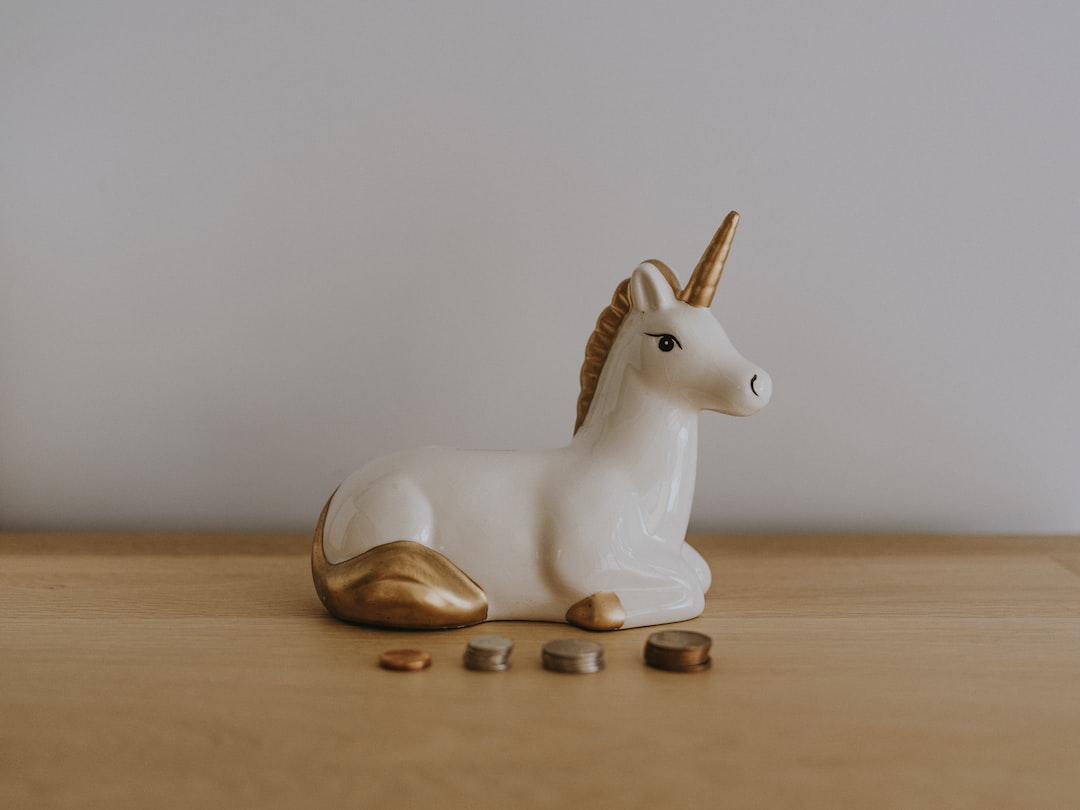Forex reserves are an essential aspect of any country’s financial stability and economic growth. These reserves comprise foreign currency assets that a country holds in its central bank to deal with any economic crisis. In Pakistan, the State Bank is responsible for maintaining forex reserves, which play a vital role in the country’s economic stability. In this article, we will explore the role of Pakistani banks in building forex reserves.
Pakistan’s forex reserves have been a matter of concern for the government and the central bank for many years. The country has faced several economic crises in the past, including a balance of payment crisis, which led to a sharp decline in forex reserves. To address this issue, the State Bank of Pakistan introduced various measures to enhance forex reserves, including borrowing from international financial institutions, issuing sovereign bonds, and encouraging remittances.
One of the primary sources of building forex reserves in Pakistan is through commercial banks. These banks play a crucial role in facilitating foreign exchange transactions, which ultimately contribute to increasing the country’s forex reserves. The State Bank of Pakistan has implemented several policies to encourage commercial banks to contribute towards building forex reserves. Let’s take a closer look at some of these policies.
Maintaining a Minimum Level of Forex Reserves
The State Bank of Pakistan has set a minimum level of forex reserves that commercial banks are required to maintain. This minimum level is based on the banks’ liabilities in foreign currency. The aim is to ensure that the banks have adequate foreign currency assets to meet their obligations in case of a crisis. This policy helps in maintaining a stable foreign exchange market and enables the central bank to intervene in case of any volatility.
Encouraging Exporters to Bring Back Foreign Currency
Another policy that the State Bank of Pakistan has introduced is to encourage exporters to bring back their foreign currency earnings into the country. The central bank has allowed commercial banks to offer incentives to exporters who bring back their foreign currency earnings. This policy helps in increasing the supply of foreign currency in the country, which ultimately contributes to building forex reserves.
Allowing Banks to Invest in Foreign Securities
The State Bank of Pakistan has also allowed commercial banks to invest in foreign securities to diversify their assets. This policy enables banks to earn foreign currency income, which contributes towards building forex reserves. However, the central bank has set limits on the amount of investment allowed to ensure that the banks’ exposure to foreign securities remains within manageable limits.
Encouraging Remittances
Remittances are an essential source of foreign currency inflows in Pakistan. The State Bank of Pakistan has implemented several policies to encourage overseas Pakistanis to send their remittances through legal channels. The central bank has allowed commercial banks to offer incentives to overseas Pakistanis who send their remittances through legal channels. This policy helps in increasing the supply of foreign currency in the country, which ultimately contributes to building forex reserves.
Conclusion
In conclusion, Pakistani banks play a crucial role in building forex reserves. The State Bank of Pakistan has implemented several policies to encourage commercial banks to contribute towards building forex reserves. These policies include maintaining a minimum level of forex reserves, encouraging exporters to bring back their foreign currency earnings, allowing banks to invest in foreign securities, and encouraging remittances. By implementing these policies, the State Bank of Pakistan aims to maintain a stable foreign exchange market and ensure the country’s economic stability.





